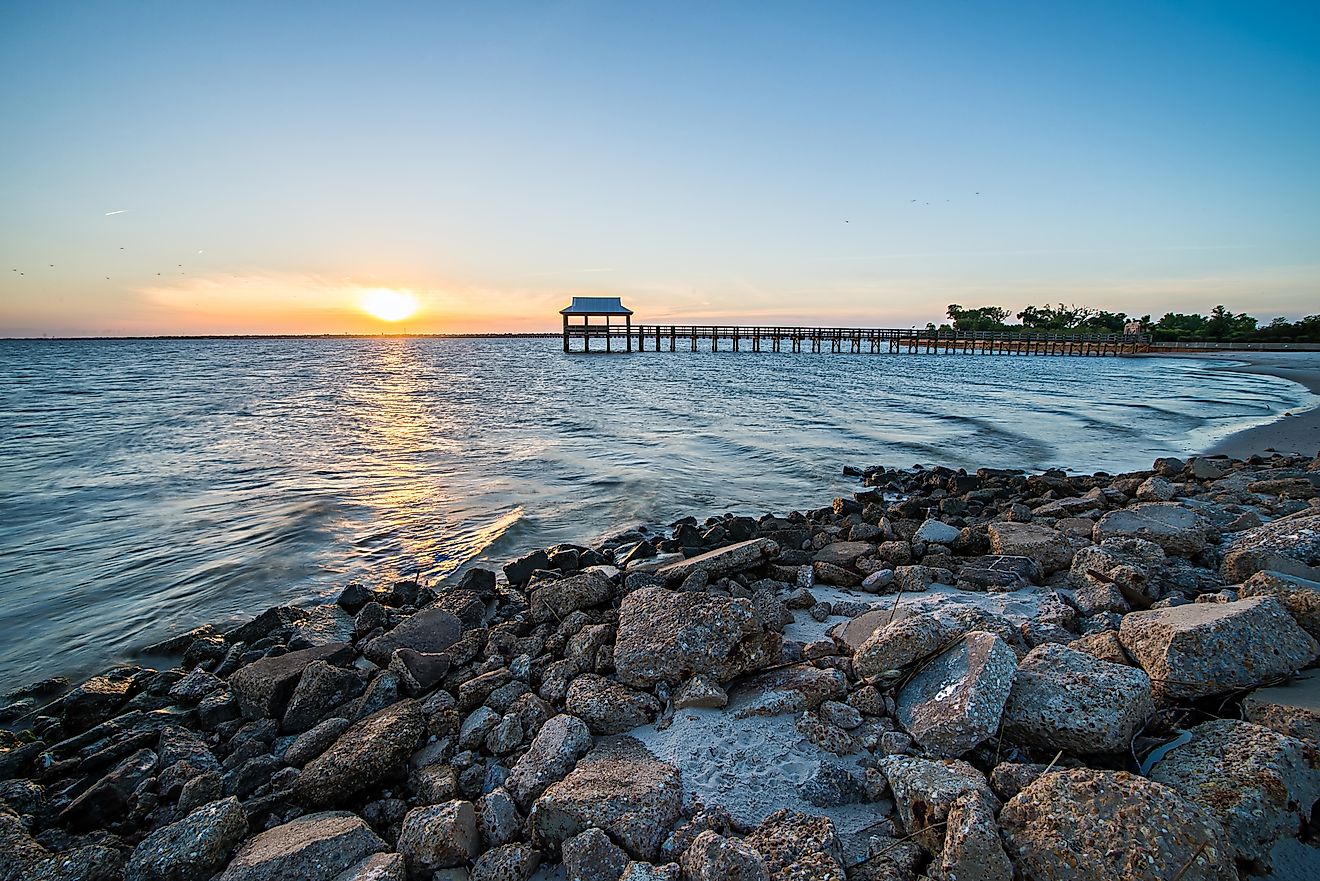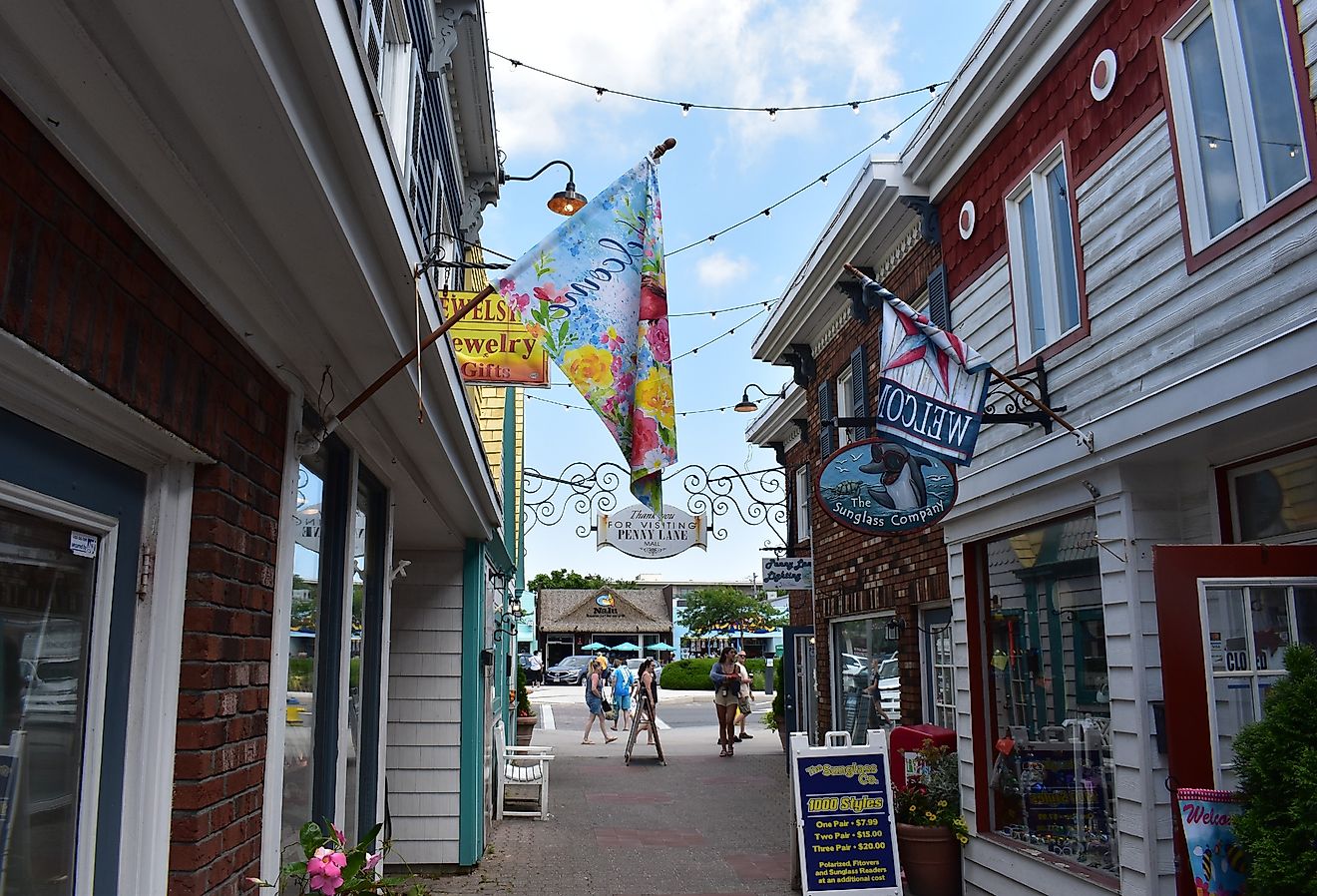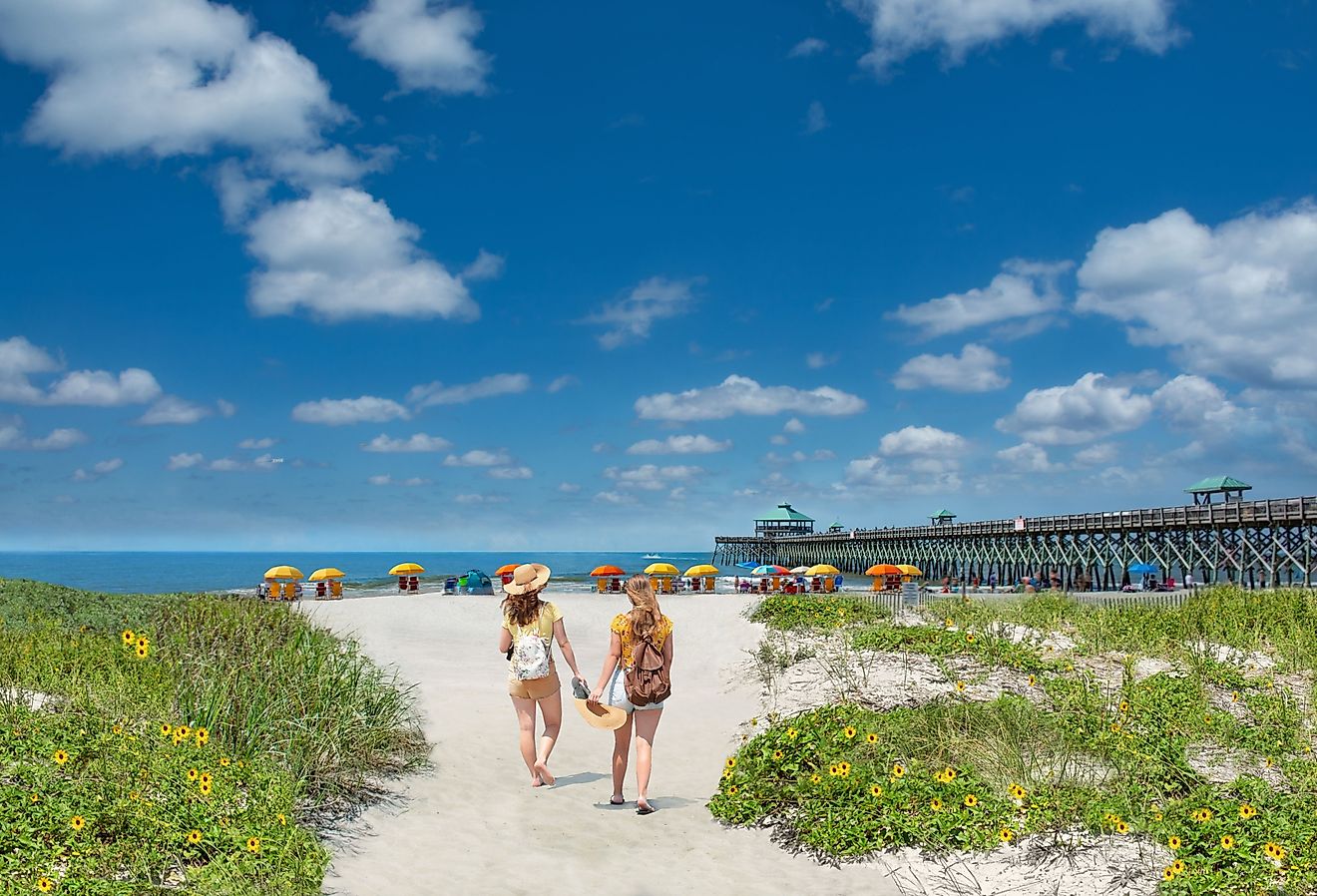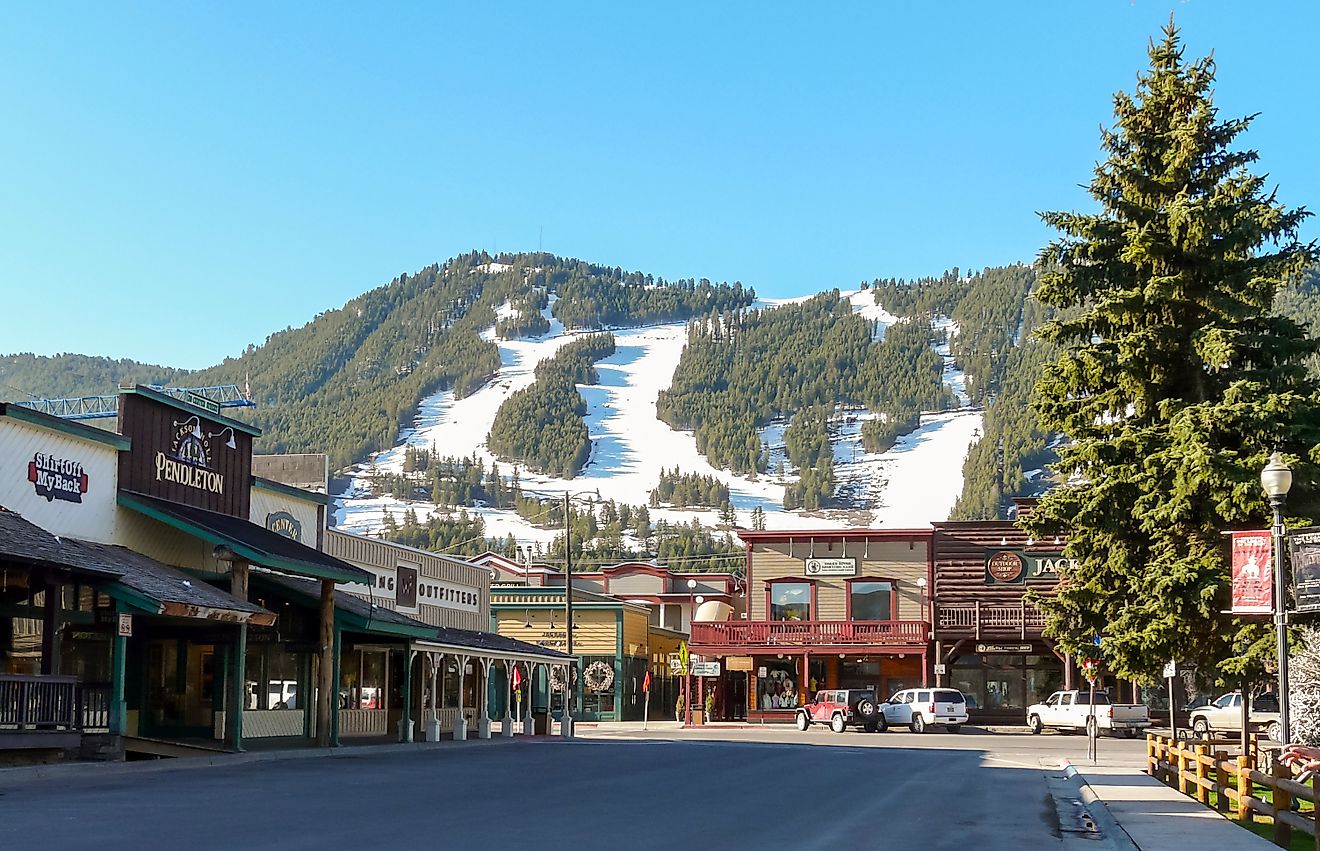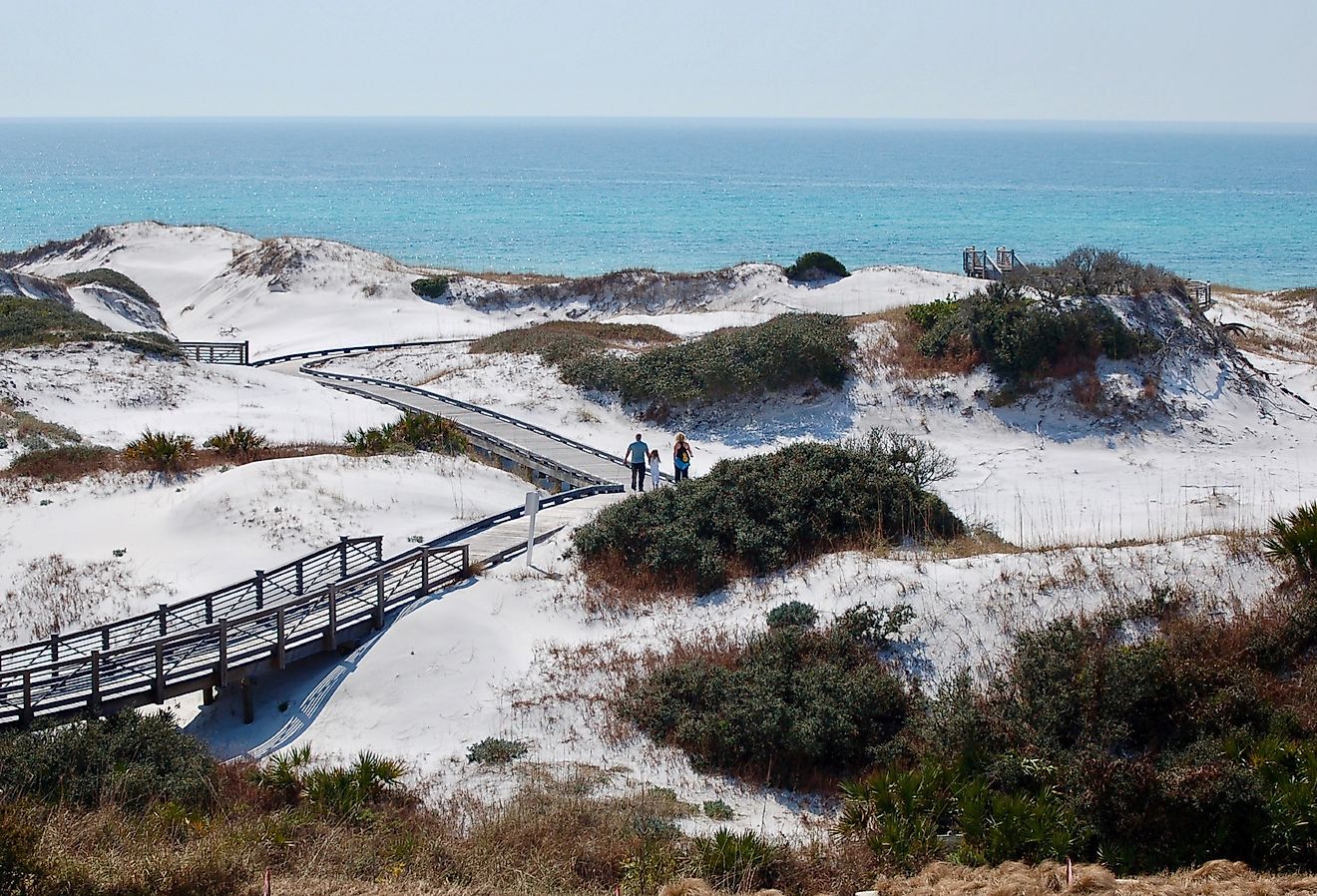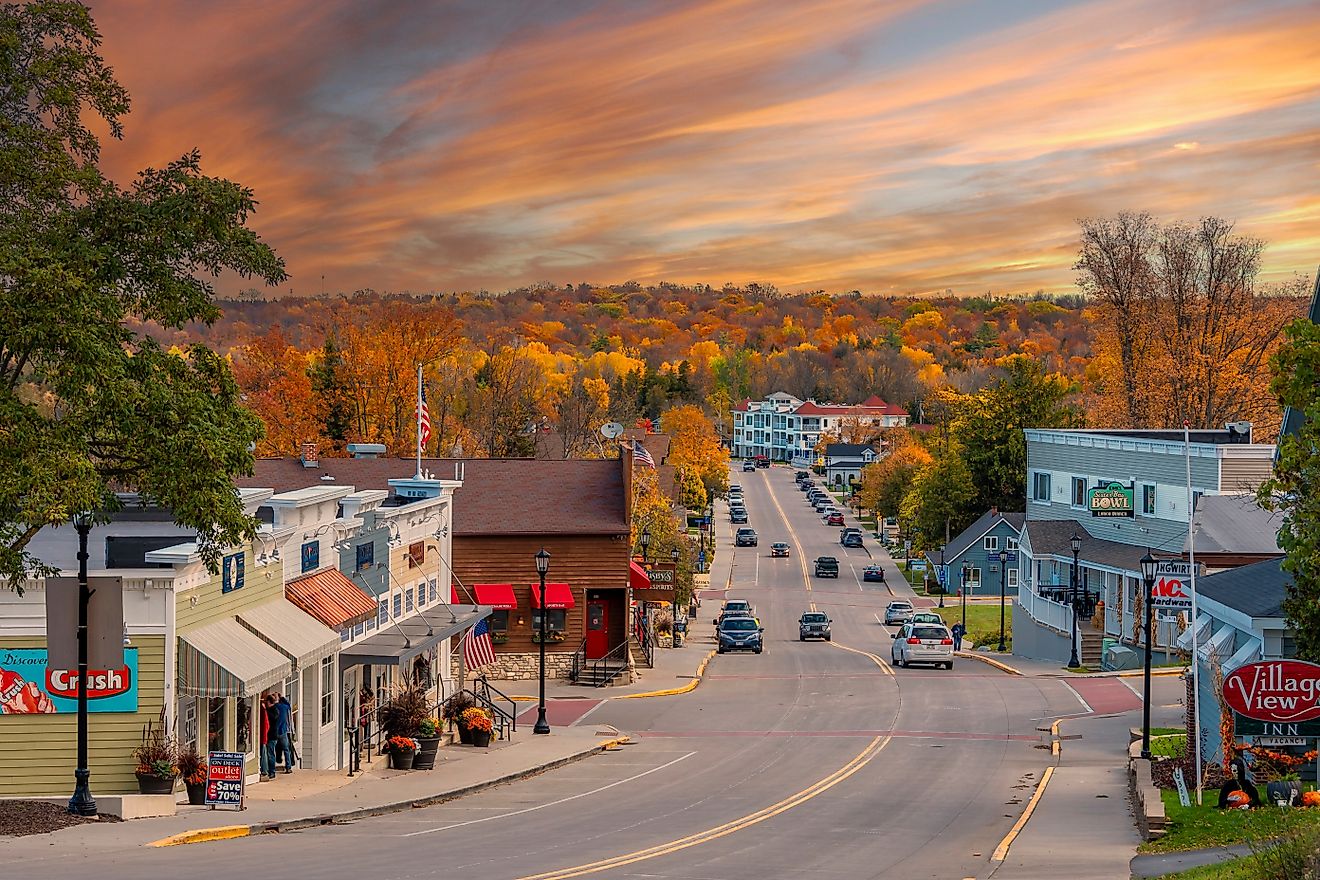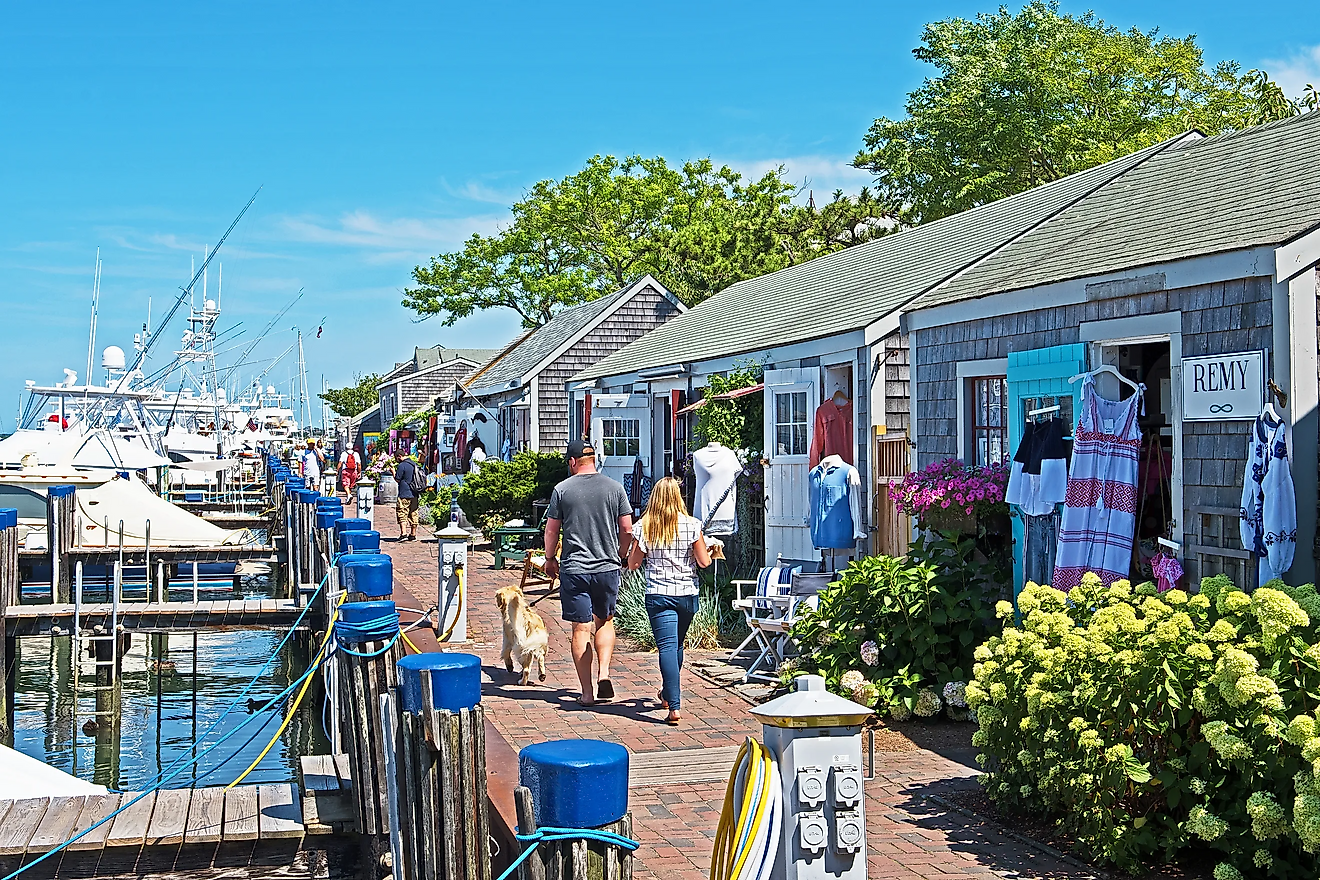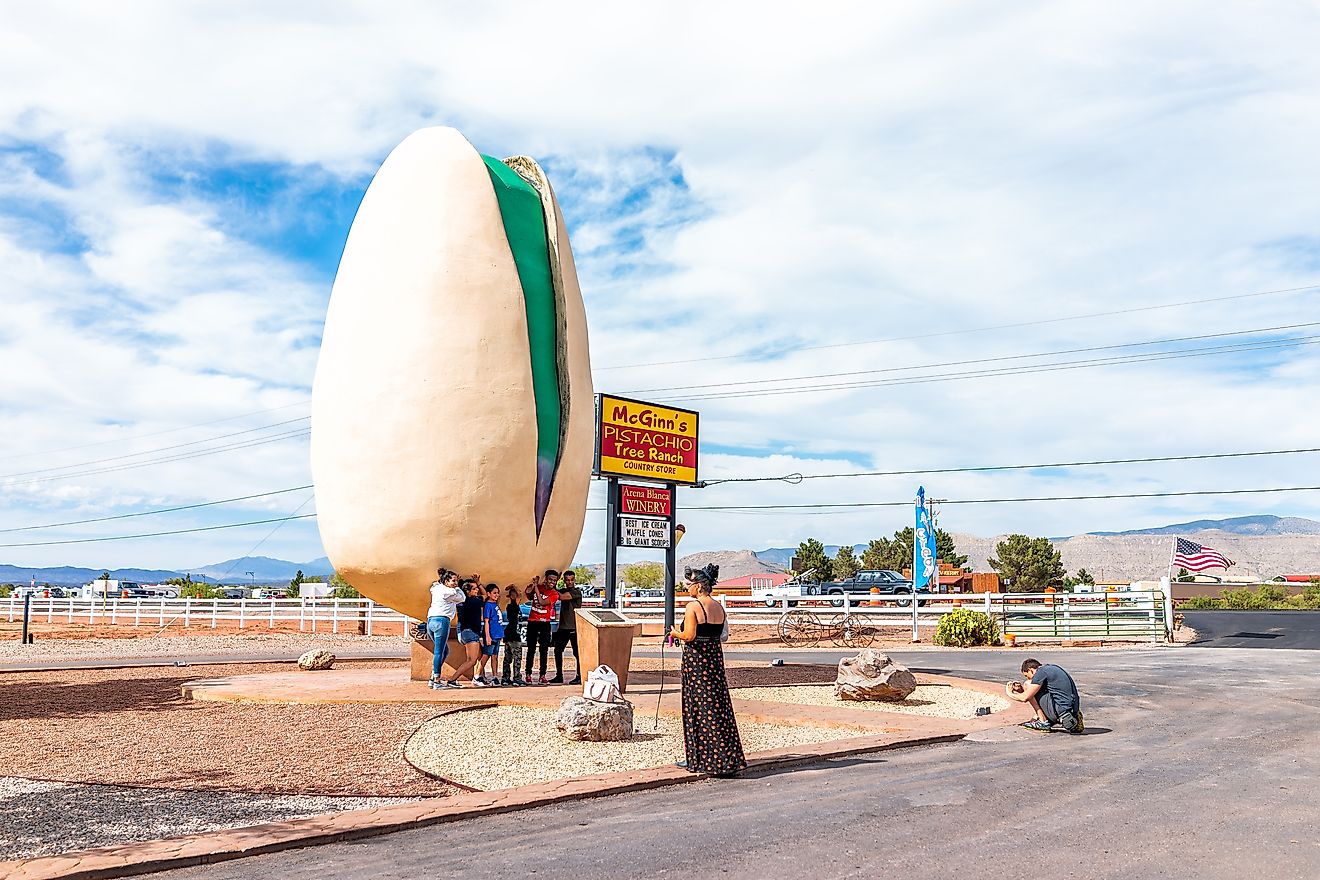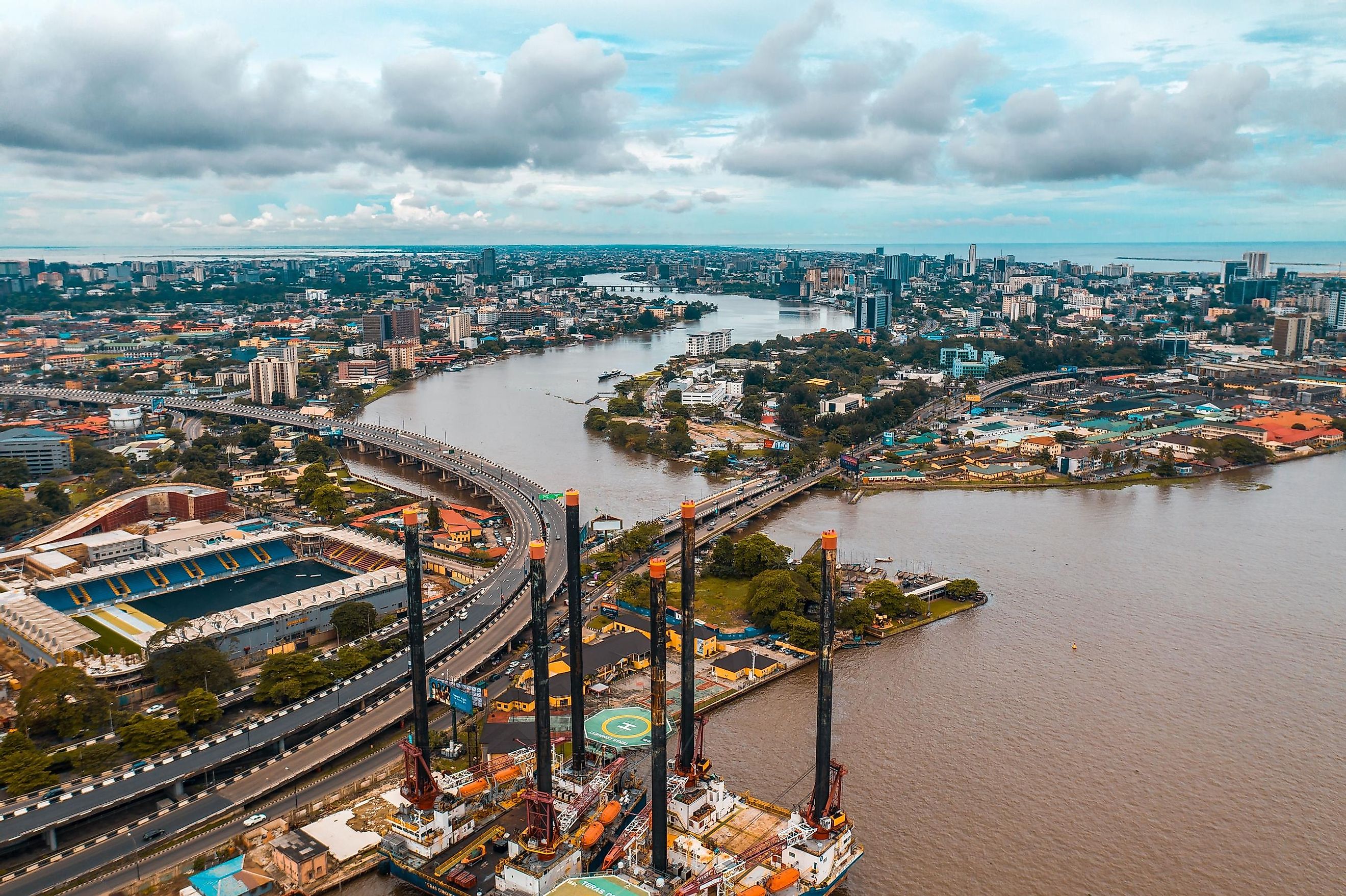
6 Most Beautiful Cities in Nigeria
Across the globe, Nigeria is known for being one of the most well-known countries in all of Africa, famous for its large population, broad range of resources, and high-spirited culture. It is so full of these things–and so vast–that it is even called “The Giant Of Africa.” But did you know it is also home to some of the most beautiful cities on the continent? From its tropical beaches and forests to its ancient landmarks, the country is overflowing with spectacular sights and experiences waiting to be explored. Here are 6 of the loveliest cities in Nigeria you will not want to overlook.
Abuja
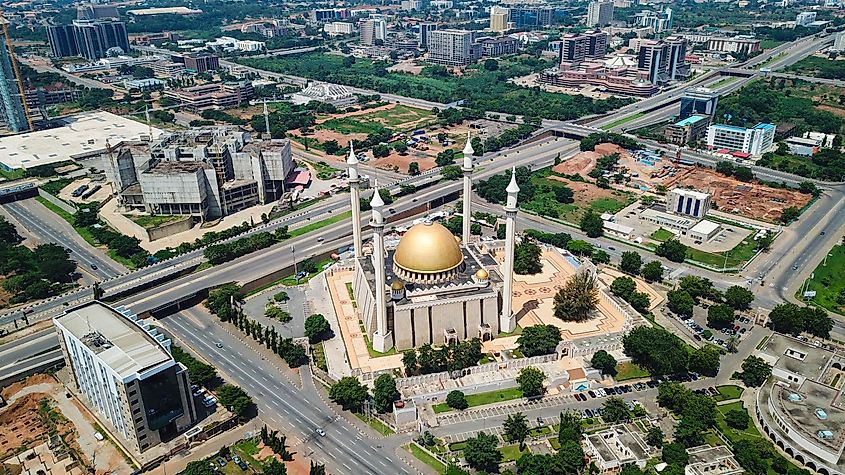
Built largely in the 1980s, Abuja is Nigeria’s first planned city, selected to replace Lagos as the state capital. During the planning stages in the late 1970s, the country studied some of the world’s other major capitals for inspiration, such as Washington DC in the United States and Brasilia in Brazil. Ultimately, Abuja was selected for the capital’s location, which was right in the heart of Nigeria. Dubbed “The Center of Unity,” the city is famous for its melting pot of religious and ethnic groups, and accessibility is one of its largest selling points–but its beauty does not fall far behind.
Along with a smaller population compared to Lagos and a milder climate, the natural surroundings make this thriving capital that much more beautiful. Abuja stands 360 meters above sea level in the rolling Chukuku Hills, meaning views of the surrounding landscape and cityscape are breathtaking. The gold-plated domes and spire-topped towers of the Abuja National Mosque are among the most dazzling and recognizable architectural feats of Abuja. But the city is also famously right on the border of Zuma Rock, a magnificent natural igneous monolith that stands 980 feet tall. It is such an iconic symbol of the country that it can even be found on Nigeria’s 100 naira bills. Whether you hike to the top or enjoy the views from below, this is one of the greatest landmarks in the country.
Lagos
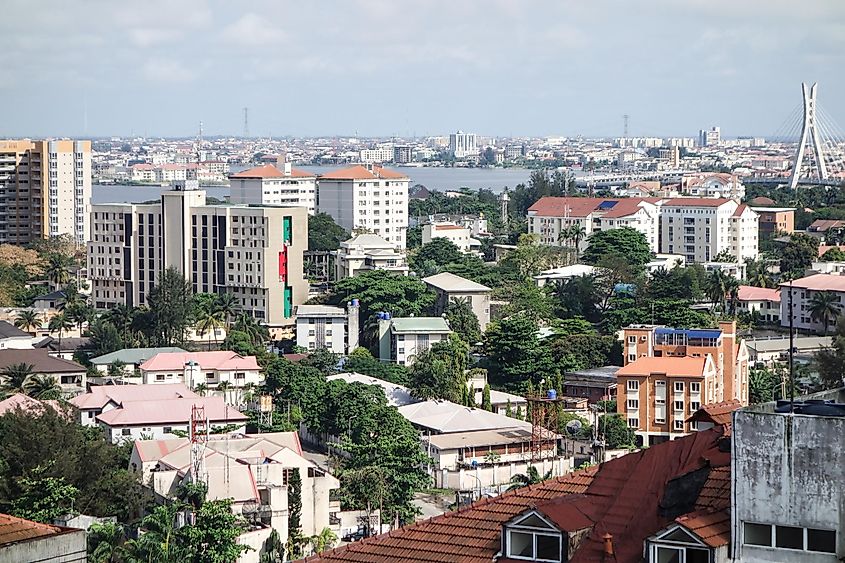
Although Lagos was replaced as the country’s capital in 1991, by no means did this impact the radiancy of this beloved metropolis. It is the largest city in Nigeria and all of Africa, with an estimated population of over 16 million. Like Abuja, the diverse blend of religions and ethnicities is a thing of beauty here, and the city is famous for its rich culture and spirited communities. From its bustling markets (like Oshodi and Balogun) to its lively nightclub scene, the city fuses all walks of life in a truly spectacular way. Cultural landmarks include the National Arts Theatre, the Nigerian National Museum, and the Nike Art Gallery, whose exhibits feature some of Nigeria’s greatest masterpieces. The city is also nicknamed “Nollywood” (a play on “Hollywood”) due to its prevalent role in the Nigerian film industry, which is one of the largest in the world.
Other landmarks include the striking Third Mainland Bridge and Eko Bridge, both of which connect Lagos Island to the mainland. The city actually sprawls across several islands in the Lagos Lagoon, which then empties into the mighty Atlantic. Along with other water bodies in the region, this gorgeous lagoon is what earned Lagos its name in the 15th century, meaning “lakes” in Portuguese. As a coastal city, Lagos is also known for its beautiful beaches, like Tarkwa Bay Beach, Bar Beach, and Landmark Beach, a popular shore with sparkling waters and a soft, sandy coastline. From its energetic cityscape to its mellow shores, the beauty of Lagos is unmatched.
Enugu
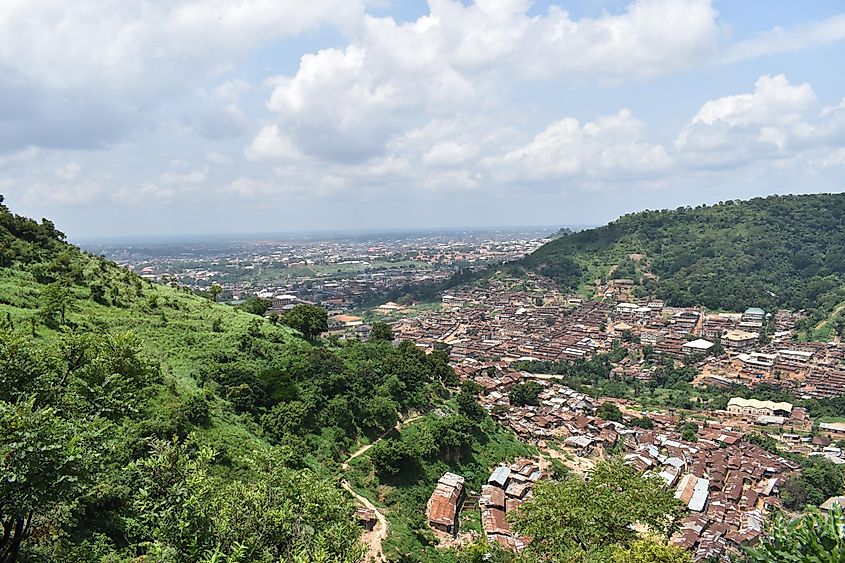
With an estimated population of 876,000 people as of 2024, Enugu is considerably smaller than Lagos, but its charms are no less inviting. This state capital sits at the end of the Udi Plateau in southeastern Nigeria, and its landscape is by far the star of the show. The rolling hillsides offer gorgeous lookouts over the city, lush greenery infusing the area with life. In the heart of Enugu, Milliken Hills is one of the most popular hiking areas, featuring jaw-dropping panoramic views of the vistas and cityscape below. Just thirteen minutes away, the Ngwo Pine Forest is another treasure of the land, with towering pine-lined trails and intricate limestone caves. At the base of one of these caverns, a graceful tiered waterfall enchants the forest floor. But perhaps even more popular with tourists and locals alike is the Ezeagu Tourist Complex, which is around an hour’s drive from the city. Dense with exotic foliage, this 54-acre landscape is known for its tranquil lake, winding cavern, and “Ogbagada,” a majestic 75-foot waterfall. In sum, Enugu’s natural splendor is what earns it a spot on this list.
Akure
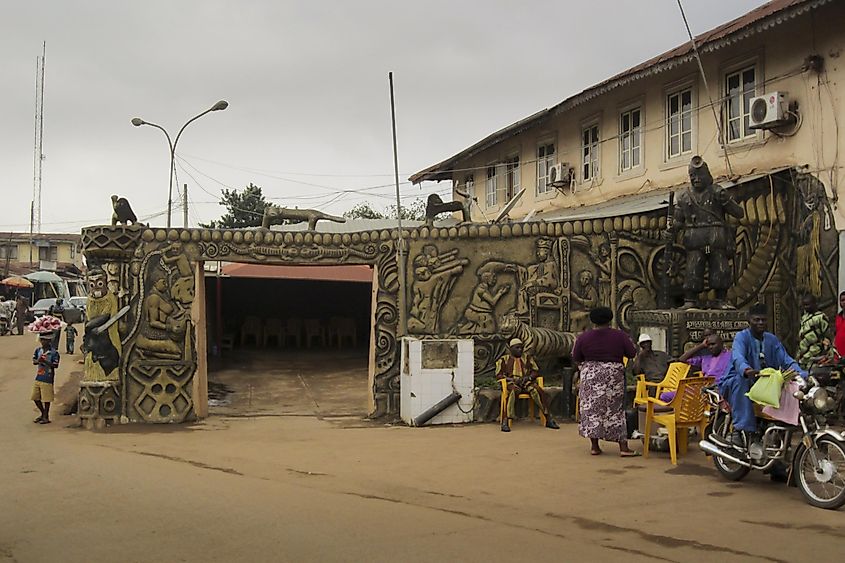
Another city anchored by its natural beauty, Akure’s population currently sits at 772,300, not far behind Enugu. It also shares the similarity of being a state capital, playing a large role in the region’s agricultural trade of bananas, corn, palm oil, coffee, and cocoa. The city’s agricultural heritage is even reflected in its name. “Akure” is derived from the Yoruba language, specifically the words “Oko” and “Ore,” meaning “farm” and “settlement.”
The city’s tropical climate is a key component of this thriving industry and also contributes to the area’s natural beauty. Akure is located at the southern end of the Yoruba Hills, whose tropical forests brighten the city in a really gorgeous way. But what Akure is truly known for among travelers is its access to Idanre Hill. The drive to the heart of this iconic landmark takes around 45 minutes, but it is well worth the trip. This Unesco World Heritage Site features a remarkable valley of 3,000-foot tall inselbergs (isolated rock hills), making the 682-step journey up the hill beyond worthwhile. Like Enugu, Akure earns its spot on this list by being a gateway to some of Nigeria’s best landscapes and natural landmarks.
Port Harcourt
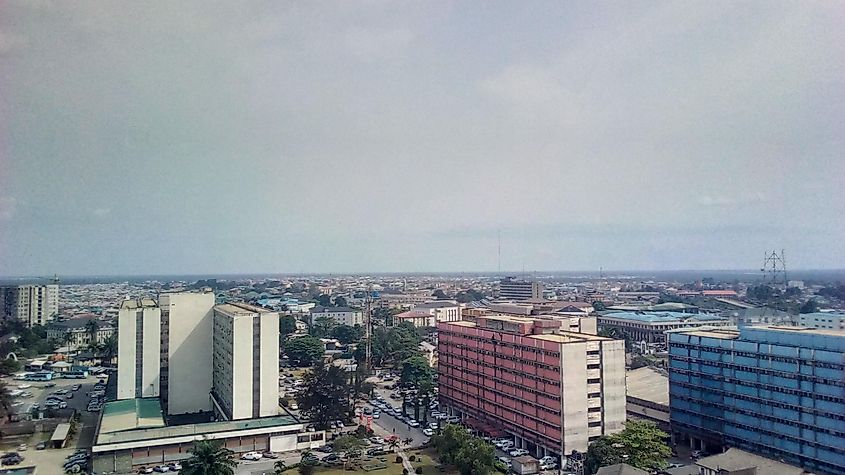
Port Harcourt, nicknamed the “Garden City” due to the vibrant greenery spread throughout the area, is another state capital whose beauty will take your breath away. Located on a blissful bend in the Bonny River (a distributary of the Niger River), the Gulf of Guinea is just 41 miles from this riverside town. Thanks to these glorious waterways, Port Harcourt is one of Nigeria’s largest ports, exporting anything from palm oil to timber. This also contributes to the city’s fishing and farming, the main occupation of the region. The banana, coconut, and citrus trees play an integral part of the city’s economy, and they are not too bad on the eyes, either.
Aside from these thriving industries, the city is also a highly sought-after tourist destination in Nigeria, admired for its waterfront views, parks, and beaches. The Port Harcourt Tourist Beach is a popular manmade attraction that has lured people to the area since 1988; its white sand and soft waves are perfect for a relaxing day in the sun. Ifoko Beach is a great alternative, its natural shores shaded by the bordering rainforest. All in all, whether visiting this Garden City for a stroll through its scenery or for a tranquil beach day, the views will not disappoint.
Benin City
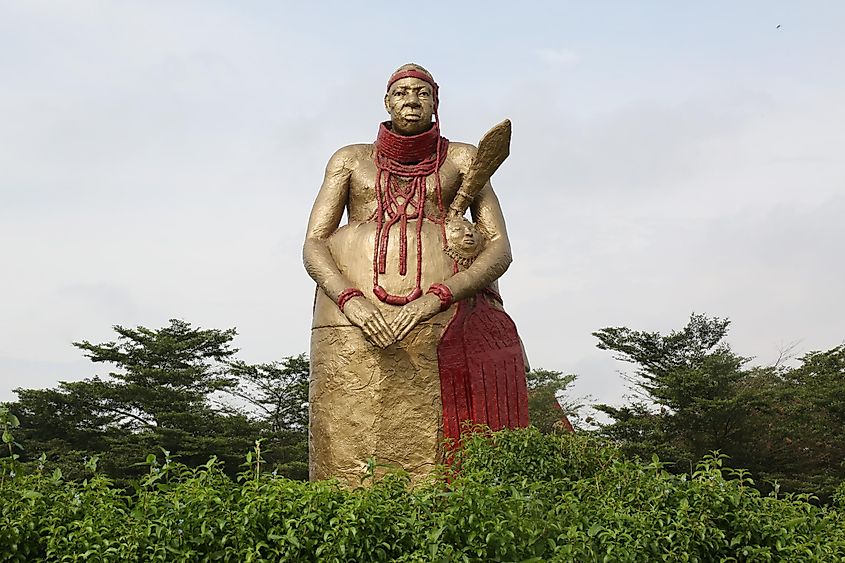
Last but certainly not least, Benin City is another gorgeous riverside community. It sits on the branch of the Benin River, and the waterfront is especially beautiful at sunset. But natural beauty is just the beginning of the city’s intrigue. Most come here for views of its fascinating past, like the Benin Moats, a collection of enormous earthworks encircling Benin. Constructed as a form of protection for the ancient Kingdom of Benin (present-day Benin City), it is one of the largest earthworks in the world.
Inside the encircled moat, attractions like the Benin City National Museum transports its visitors back in time to the days of the Benin Empire, along with displays of Nigeria’s other ancient cities and towns. But perhaps the most famous of the city’s historic attractions would be its “bronzes.” Much of the ancient brass work can be viewed at the museum (some dating back to the 13th century), and you can even see modern bronze artisans at work in the city on Ignun Street. Through its massive earthworks and ancient artworks, Benin City celebrates its sacred history in a dazzling display of preservation.
From Abuja’s towering Zuma Rock to the ancient brass relics of Benin City, Nigeria is a country whose range of beauty would entice any traveler. These cities, although highly populated and busy with life, each offer a brilliant attraction away from it all, from beaches to hillside hikes. But some travelers may prefer immersing themselves into the city’s rhythm, especially since Nigeria’s spirited locals are some of the kindest in all of Africa. Whether strolling a secluded waterfall path or haggling in a bustling market, any of these 6 Nigerian cities will help you create memories that you will not forget anytime soon.
